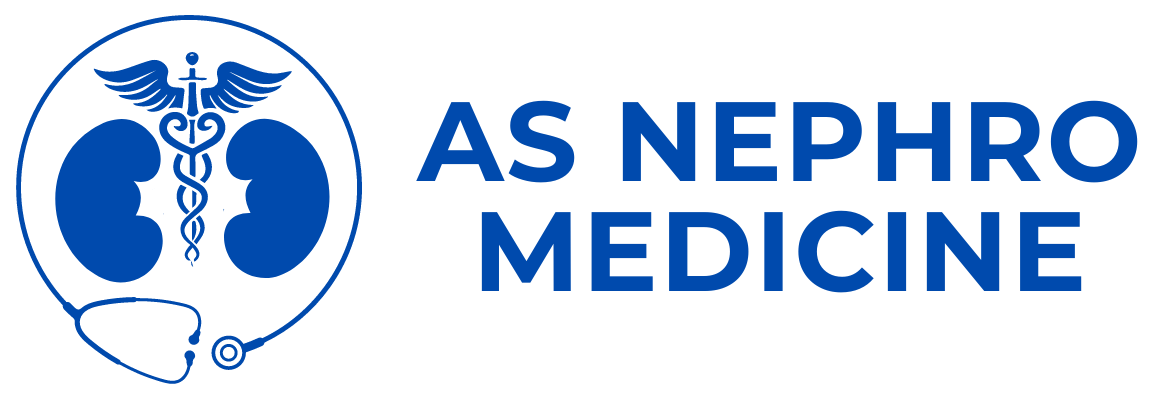
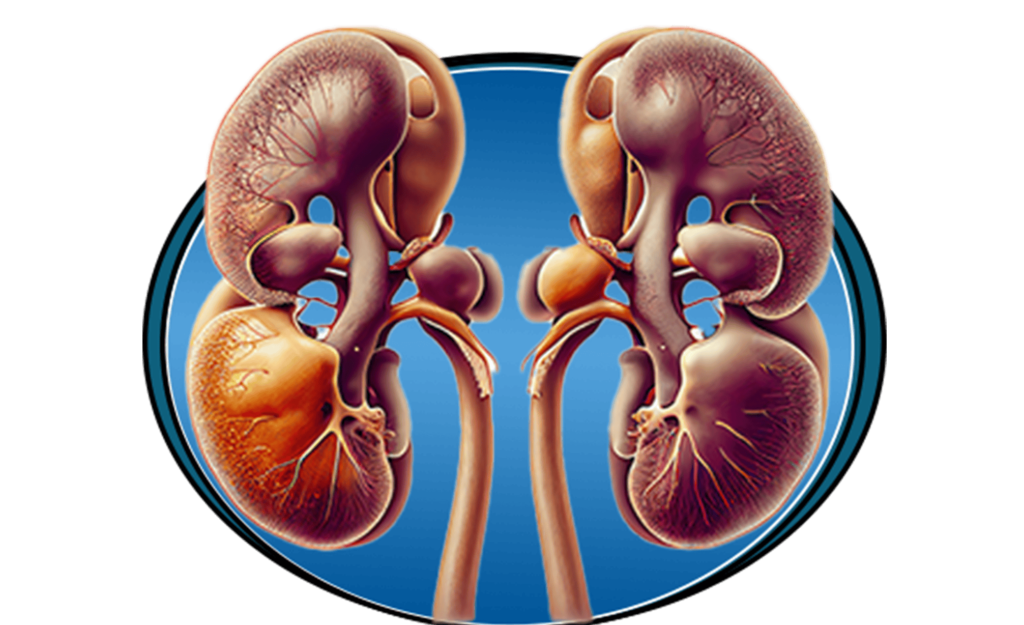
What is Kidney?
As your kidneys carry out several functions, the most important one is the removal of toxins from the body and the removal of numerous waste products from the blood, such as salt, potassium, urea, and creatinine.
On the other hand, waste products start to build up and create problems throughout the body when the kidneys are not working properly. Kidney failure mostly results from two factors: diabetes and excessive blood pressure. For these reasons, fatigue, nausea, vomiting, and edema are common symptoms in affected individuals. On the other hand, a variety of symptoms might point to serious kidney and body damage.
Causes of Kidney Failure
Diabetes and high blood pressure are the most common causes of chronic renal disease and kidney failure, respectively.
- Eating a well balanced diet is another way to maintain the health of your kidneys. Moreover, foods high in protein (beef, pork, fish, poultry, mutton, etc.) should be avoided by the kidney patients.
- Lastly, improving kidney functioning via the use of natural remedies extracted from Ayurvedic herbs and stopping the kidney patients from harmful habits like smoking or drinking.
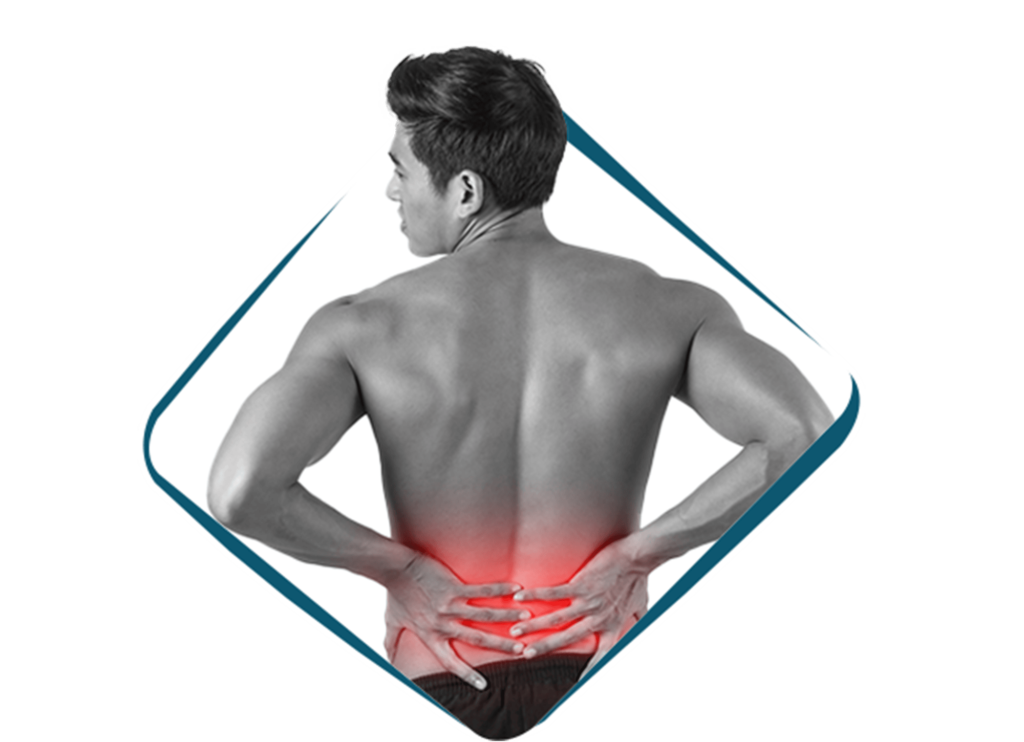
Types Of Kidney Failure
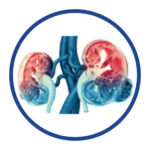
Acute Renal Failure
An abrupt case of kidney damage is called acute kidney injury (AKI), commonly referred to as acute renal failure (ARF). Waste products accumulate in the blood due to AKI, and kidney function is compromised in maintaining proper bodily fluid balance.
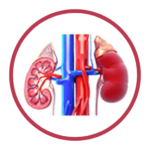
Chronic Kidney Failure
One aspect of chronic kidney disease (CKD), also known as chronic kidney failure (CKF), is the progressive decrease of kidney function. Your CKD symptoms may be minimal in the early stages. Kidney illness may go undiagnosed until it has progressed beyond recognition.
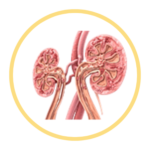
Acute Renal Failure
An abrupt case of kidney damage is called acute kidney injury (AKI), commonly referred to as acute renal failure (ARF). Waste products accumulate in the blood due to AKI, and kidney function is compromised in maintaining proper bodily fluid balance.
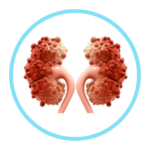
Chronic Kidney Failure
One aspect of chronic kidney disease (CKD), also known as chronic kidney failure (CKF), is the progressive decrease of kidney function. Your CKD symptoms may be minimal in the early stages. Kidney illness may go undiagnosed until it has progressed beyond recognition.
Symptoms of Kidney Failure
- Nausea & Vomiting
- Loss of appetite
- Urinating more or less
- Muscle cramps
- Itchy or dry skin
- Shortness of breath
- Pedal Edema
- Weakness
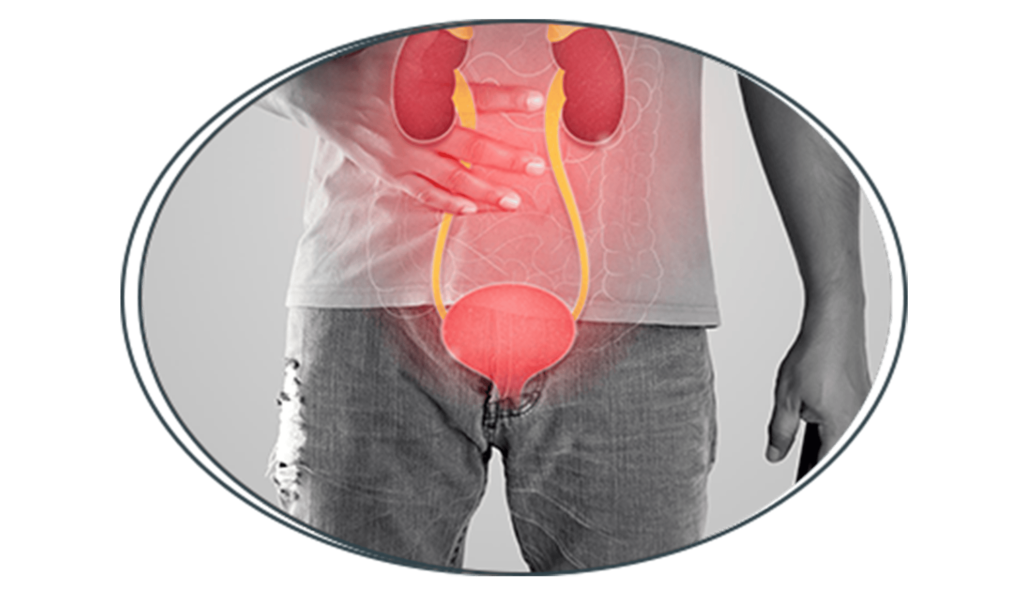
FAQs
Common kidney diseases include chronic kidney disease (CKD), acute kidney injury (AKI), kidney stones, glomerulonephritis, and polycystic kidney disease (PKD).
Treatment can include drinking plenty of water, pain relievers, medical therapy to help pass stones, and procedures like shock wave lithotripsy, ureteroscopy, or surgery to remove larger stones.
PKD is a genetic disorder where clusters of cysts develop primarily within your kidneys, causing them to enlarge and lose function over time.
Prevention includes managing chronic conditions like diabetes and hypertension, maintaining a healthy diet and weight, staying hydrated, not smoking, limiting alcohol, and regular check-ups with your doctor.
Many kidney diseases, especially chronic ones, cannot be cured, but they can be managed to slow progression and prevent complications. Early detection and treatment are crucial.
You should see a doctor if you have symptoms such as changes in urination, swelling, fatigue, difficulty concentrating, persistent back pain, or if you have a high risk of kidney disease due to conditions like diabetes or high blood pressure.
